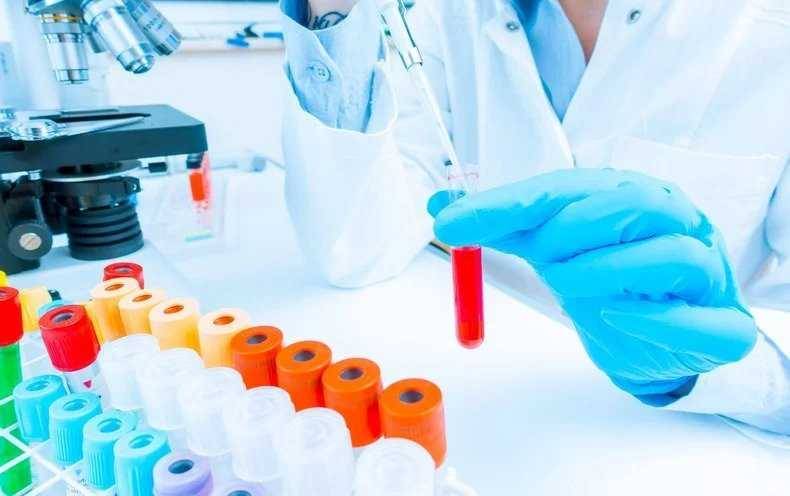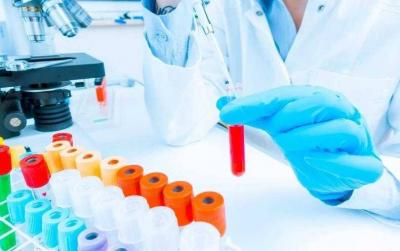British health services are preparing for a new era of cancer screening, after an international study found that a simple blood test can detect multiple types of cancer in patients before they show obvious symptoms. The British newspaper "The Guardian" reported that the new study conducted by the company "Pathfinder" tested the blood of over 6,600 adults aged 50 and older, uncovering dozens of new cancer cases. Many of the detected cancers were in early stages, with about three-quarters being forms not routinely screened.
A Game-Changing Study
The government health services in Britain (NHS England) described the study as "historic" and "game-changing"; this is the first time results from the test, known as "Galleri," have been released. The test looks for cancer DNA in the blood to guide cancer treatment research. Doctors hope this test will save lives by detecting cancer early enough to make surgery and treatment more effective.
Dr. Deborah Schrag, a lead researcher from the Memorial Sloan Kettering Cancer Center in New York, said, "The exciting and novel aspect of the screening is that many of these cancers had no standard screening available."
Impressive Results
A total of 6,621 adults aged 50 and older underwent the "Galleri" blood test, which indicated potential cancer in 92 individuals. Follow-up tests confirmed solid tumors or blood cancers in 35 patients, or 1.4% of those in the study. The test also identified two types of cancer in a woman with breast and endometrial tumors. Additionally, the test predicts the location of cancer, allowing doctors to conduct necessary follow-up tests to determine and confirm the cancer's site.
The test identified 19 solid tumors in tissues such as the breast, liver, lung, and colon, but it also detected ovarian and pancreatic cancers, which are usually found at later stages and have low survival rates. Among the total of 36 cancer cases discovered, 14 were in early stages, and 26 types of cancer were not routinely screened.
Further analyses revealed that the blood test was negative for 99.1% of those who were cancer-free, indicating that only a small percentage of healthy individuals received a false positive result. Schrag stated, "The origin signal was very helpful in guiding the type of additional work, and when the blood test result is positive, it takes less than 3 months to complete surgical procedures."
She added that the test offers a glimpse of what the future might hold through a completely different approach to cancer screening.




